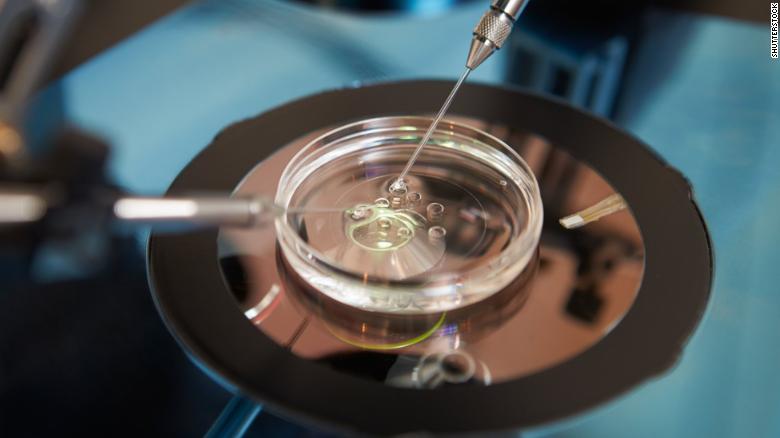In what could be a
revolutionary decision, the British researchers have been given the green
signal to modify human embryos. This would allow the researchers to alter the
DNA of embryos. In what is being deemed as a massive moment for biotech
industry, this could eventually lead to “designer babies.”

The permission has been
granted by the Human Fertilization & Embryology Authority (HEFA), after a
group of scientists at London’s Francis Crick Institute asked for permission to
perform gene editing work on human embryos. The research will be done
under Dr. Kathy Niakan. The granting of permission came in about a year
later after the first genetically modification of human embryos was done by a
group of scientists in China.
Human germline editing
is considered highly controversial because any baby born through the technique
has the potential to pass those genetically modified traits down to the next
generation. People who speak for human germline editing on the other hand
argue that it could help not only to eradicate a host of genetic diseases, but
it also has the potential of introducing the possibility of human enhancement.
The director of
National Institute of Health (NIH) said, "The concept of altering the
human germline in embryos for clinical purposes has been debated over many
years from many different perspectives, and has been viewed almost universally
as a line that should not be crossed”.
The HEFA has made
strict guidelines that all embryos must be used for research purposes only, and
they cannot be used in fertility treatments. These embryos will be acquired
through donations made by patients currently undergoing IVF therapy. The
main focus of the scientists will be on the first seven days of the growth of
the fertilized eggs. During the initial stages of an egg, it grows from one
single cell to 250 cells.
Ronald
Green, who has served as NIH’s human embryo research panel, told CNN "By
the end of this century, I am absolutely confident that we will have the tools
for someone with the means to use this information to change the child they can
have through this process."
Britain is undoubtedly
paving the way for modern and unconventional medical phenomena. In 2014, it
became the first country to legalize a three parent reproductive technique,
which came as a boon to thousands of people across the globe, who now want to
avail this medical procedure.
No comments:
Post a Comment